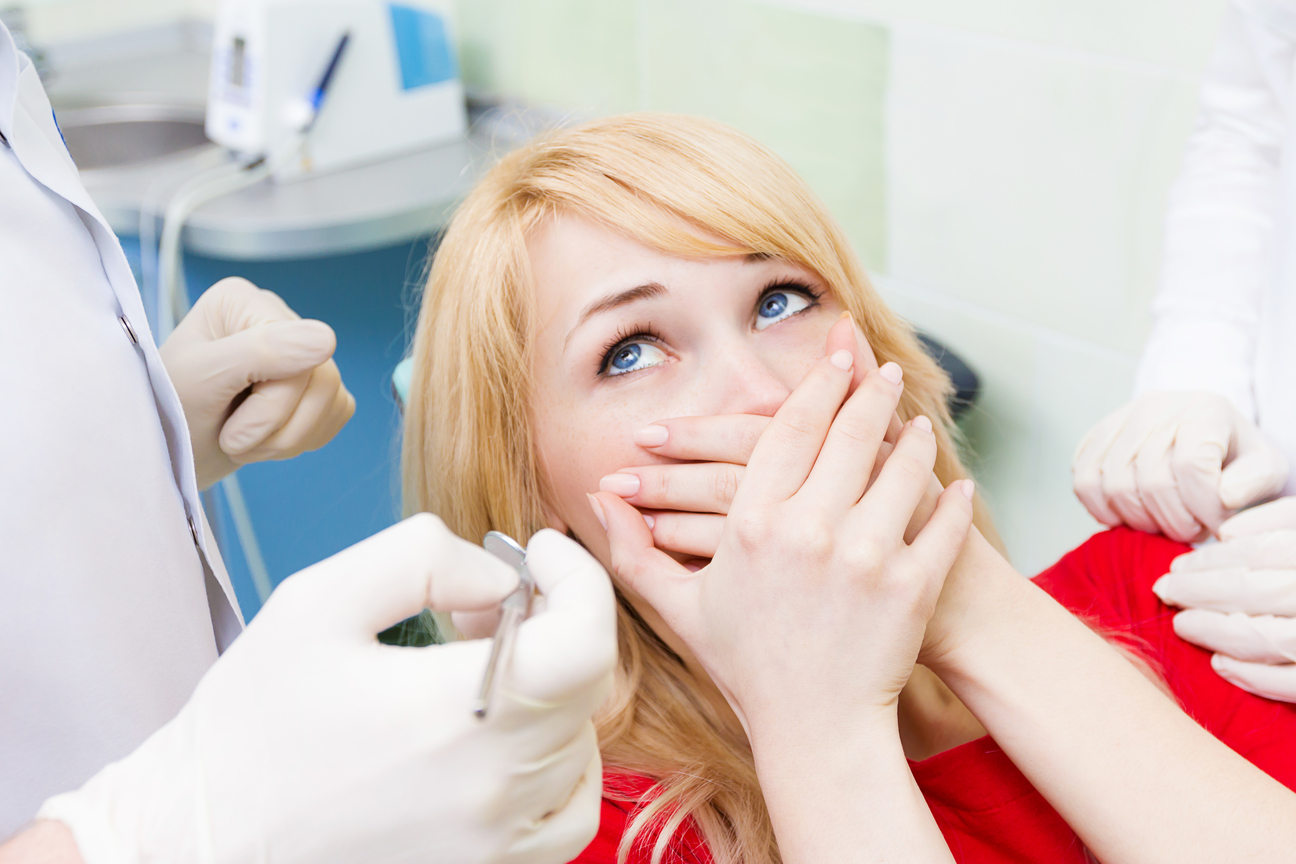Dental anxiety is very common, but its severity can vary quite a bit from one person to the next. In fact it is a lot more common than most people realize, and about 60% of people have dental anxiety while 5% to 10% have dental phobia.
While there are many ways that you can try to cope with dental anxiety, the first step that you should take is to understand the problem. It often helps if you’re able to isolate the root cause of your anxiety, and tackle it from there.
Make no mistake that may be easier said than done in some cases seeing as dental anxiety can be caused by many different triggers. That being said, some of the more common causes of dental anxiety are:
- Previous traumatic dental experience or healthcare experience
Many cases of dental anxiety stem from a previous traumatic experience either in the dentist’s office or some other healthcare-related location. The most common is a painful experience in the past that causes a fear of pain during future dental appointments.
Although modern dental procedures may not be as painful as they were in the past, it may not help to alleviate the anxiety that is felt.
- Embarrassment at the invasion of personal space
The anxiety that some people feel when they are going for a dental appointment stems from embarrassment due to the close physical proximity of the dentist. The fact that the dentist will be literally right in their face and staring into their mouth can make them feel as though their personal space is being invaded.
At times this problem is exacerbated feelings of shame and self-consciousness due to poor oral hygiene, bad breath, or physical appearance. That reaction can be especially pronounced for people with self-esteem issues to begin with.
- Fear of losing control and feeling helpless
When you’re lying in the dental chair with your mouth wide open and the dentist is prodding around without you being able to see anything – it is normal to feel helpless. Many people do not like that however, and some will definitely feel anxious because of the loss of control.
In such cases one of the best ways around it is to have the dentist explain what they’re doing. Although it won’t make you feel more in control, it will at very least make you feel a little less helpless.
- Fear of needles and injections
Lots of people are dead scared of needles and injections, and having a shot in your mouth is bound to be terrifying for them. Unfortunately it is one of the hardest fears to deal with, especially if it is a severe reaction that causes you to panic at the sight of needles.
The good news is that dentists are trained to cope with fear of needles, so if you talk to your Chester dentist they may be able to propose an alternative. If possible they may use a different type of local anesthetic instead.
Do you feel that your dental anxiety stems from one of the causes listed above? If it does then you can start to try to figure out how to address it, and if it doesn’t you should continue to look at other possibilities.
All said and done your goal should be to ensure that dental anxiety does not get in your way. The last thing that you want is for your dental anxiety to affect your oral health, and lead to issues in the long term. Simply put – you must not let your dental anxiety cause you to skip dental appointments or refuse treatment.

Leave a Reply